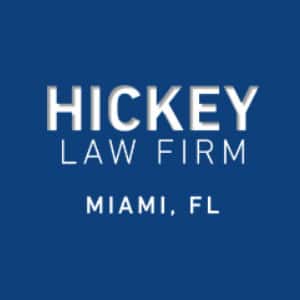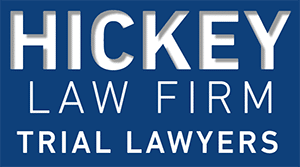Trip and Fall on Carnival Pride Cruise Ship
The Eleventh Circuit Court of Appeals recently issued its opinion in Carroll v. Carnival Corporation d/b/a Carnival Cruise Line, No. 17-13602, U.S. App. LEXIS 11860 (11th Cir. Apr. 15, 2020).
Carroll v. Carnival Corporation is a trip and fall case. Elaine Carroll tripped over the leg of a lounge chair while she was walking through a narrow pathway on Deck 11 of the Carnival Pride.
The trial court, that is the judge which presides over the trial and everything before trial, threw the case out. That decision was appealed. The result is that the appellate court said not so fast. The law allows this case. Here is a summary of some of the things which the appellate court said just on April 15, 2020. First, just because a dangerous condition is “open and obvious” does not mean that the person who tripped loses the case. Just because a dangerous condition may be open and obvious does not mean that the cruise line does not have to warn the passenger about the condition. And whether something is open and obvious is judged by what a reasonable person would think. Ordinarily, it is for a jury to decide, if it is a jury trial, whether something is open and obvious, not the judge with a limited amount of facts.
We have to show in every cruise line slip and fall that the cruise line knew that there was a problem. The fact that the ship has taken actions to prevent an incident from occurring, is evidence that the cruise line knew this was a problem. The Appeals court in Carroll relied on testimony from Carnival’s employee that Carnival required them to position the lounge chairs in a very particular way because in other positions the legs of the lounge chairs would extend into the walkway and passengers could trip.
Here are some quotes from the case:
Open and Obvious: Failure to warn. The Eleventh Circuit held that “[t]he open and obvious nature of a dangerous condition negates liability for failure to warn.” Carroll, U.S. App. LEXIS 11860 at *12.
Open and Obvious: Reasonable person standard. The Eleventh Circuit held that “[i]n evaluating whether a danger is ‘open and obvious’ we are guided—as in general tort law—by the ‘reasonable person’ standard.” Carroll, U.S. App. LEXIS 11860 at *6. The Eleventh Circuit stated that in “viewing the facts in the light most favorable to [the plaintiff],as we must, the record supports an inference that a reasonable person in [plaintiff’s] circumstances would not have observed the chair leg obstructing her path.” Carroll, U.S. App. LEXIS 11860 at *7.
Open and Obvious: does not bar recovery. The Eleventh Circuit held that “the open and obvious nature of a dangerous condition does not bar a claim against a shipowner for negligent failure to maintain safe premises.” Carroll, U.S. App. LEXIS 11860 at *17.
Expert Affidavit and Industry Standards. The Eleventh Circuit held that an expert affidavit stating that a condition falls below “industry standards” is “relevant in determining whether [defendant’s] conduct fell below the standard of care. Carroll, U.S. App. LEXIS 11860 at *18.
Notice: corrective actions. The Eleventh Circuit also held that “[e]vidence that a ship operator has taken corrective action can establish notice of a dangerous or defective condition.” Carroll, U.S. App. LEXIS 11860 at *8

Attorney John H. (Jack) Hickey and his team handle a wide range of cases, including but not limited to cruise ship accidents, admiralty and maritime accident cases, medical malpractice, wrongful death, premises liability, railroad accidents and car accidents. We represent victims from all over the nation, the world and the state of Florida.

